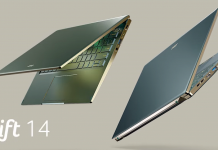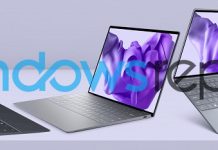Last updated on December 8th, 2022 at 02:28 pm
Intel employees did not allow to bury Omni-Path and created their own company to develop it
As you may remember, a little over a year ago, Intel’s management decided to abandon the development of a fundamentally new interconnect – the Omni-Path bus. The development of the second-generation OPA200 bus with a bandwidth of 200 Gbps has been stopped. Intel has surrendered to the market with its massive interest in Ethernet and InfiniBand. But the company’s specialized employees did not give up and achieved the separation of technology and related assets into a separate independent company. The Omni-Path bus will live!
Don’t forget to leave us a comment below and let us know what you think!
Share Our Website for Technology News , Health News , Latest Smartphones , Mobiles , Games , LifeStyle , USA News & Much more...





